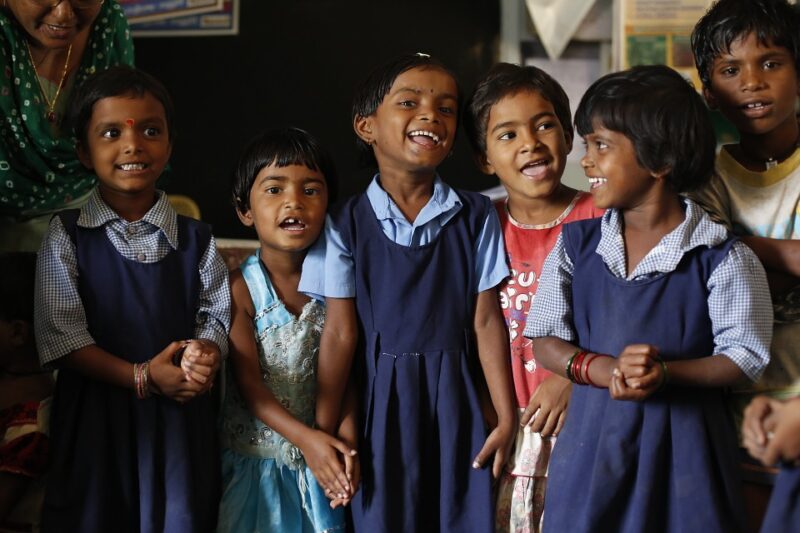Kids and Carers

Antimicrobial resistance (AMR)
AMR develops when bacteria, fungi or viruses are exposed to antibiotics, antifungals or antivirals. As a result, the antimicrobials become ineffective and infections may persist. In addition, medical interventions including surgery, chemotherapy and stem cell therapy may become impossible.
AMR is considered the biggest global threat of Health and Food Safety.
AMR Insights
For Children and their Carers who wish to know more on Antimicrobial resistance, aim to set up child-oriented activities to increase the awareness on AMR or otherwise will be involved in preventing Antimicrobial resistance in children, AMR Insights offers selected, global information on activities, specific education and extensive networking and partnering opportunities.
AMR Insights is for:
- Children
- Carers and parents
- Teachers
- Organizers of AMR events for children
- Pediatricians
Latest Topics
-
 25 February 2026
25 February 2026Factors Associated with Parental Involvement in Efforts to Prevent Drug-Resistant Tuberculosis in Children: A Scoping Review
Drug-resistant tuberculosis (DR-TB) in children remains common and requires prolonged treatment, making parental involvement essential for prevention and successful care. This scoping review (14 studies, 2010–2025) identified key factors influencing parental engagement in preventing exposure, ensuring preventive therapy, and supporting treatment adherence. These factors fall into four domains: Emotional: stigma, psychosocial burden, concerns, motivation, community […]
Read more... -
 25 February 2026
25 February 2026Shaping the future: Current landscape and potential impact of educating children and adolescents on antimicrobial resistance – a systematic review and narrative synthesis
This systematic review synthesised 119 antimicrobial resistance (AMR) educational initiatives for school-aged children and adolescents across 44 countries, spanning both high- and lower middle-income settings. Most initiatives used lesson plans (40%) or games (43%) and primarily aimed to improve AMR knowledge, typically applying learner-centred (constructivist) pedagogical approaches. While 44 initiatives formally evaluated knowledge gains—consistently showing […]
Read more... -
 26 January 2026
26 January 2026Colonization with Multidrug-resistant bacteria among children hospitalized abroad—A Study from Finland
International travel, particularly hospitalization abroad, plays a significant role in the global spread of antimicrobial resistance (AMR) among children. In this long-term study (2010–2024) at Helsinki University Hospital, one-third (34.4%) of paediatric patients previously hospitalized abroad were colonized with multidrug-resistant organisms (MDROs). The most frequently detected MDROs were extended-spectrum β-lactamase–producing Enterobacterales (ESBL-PE) and methicillin-resistant Staphylococcus […]
Read more...
More news related to Kids and Carers





